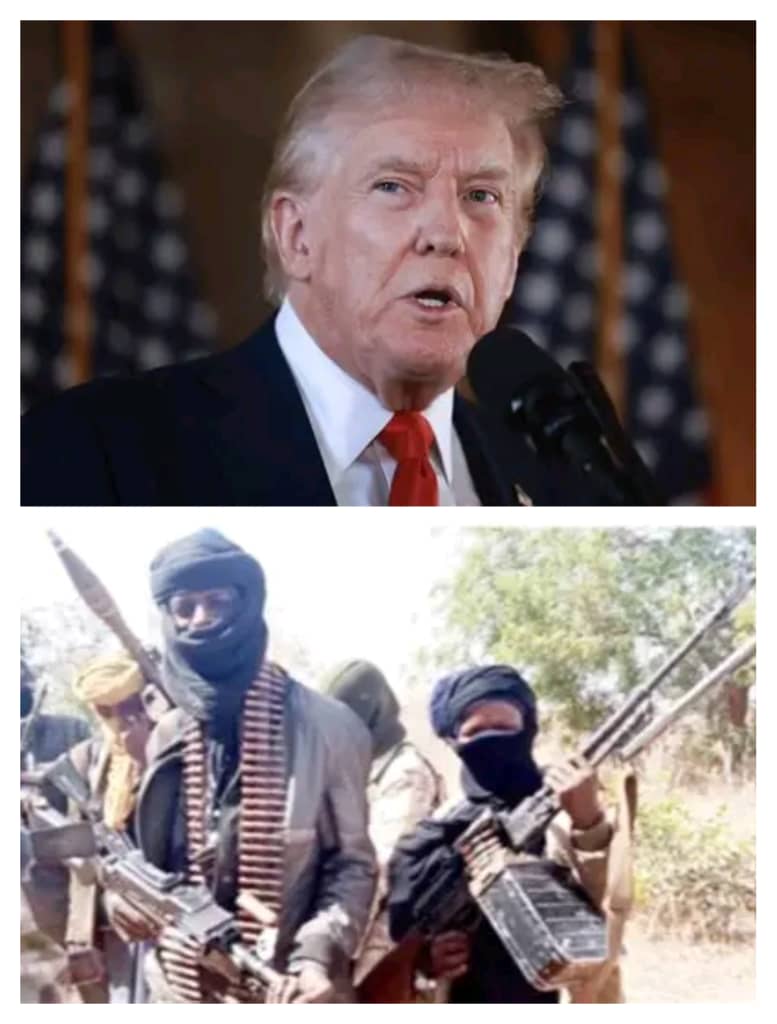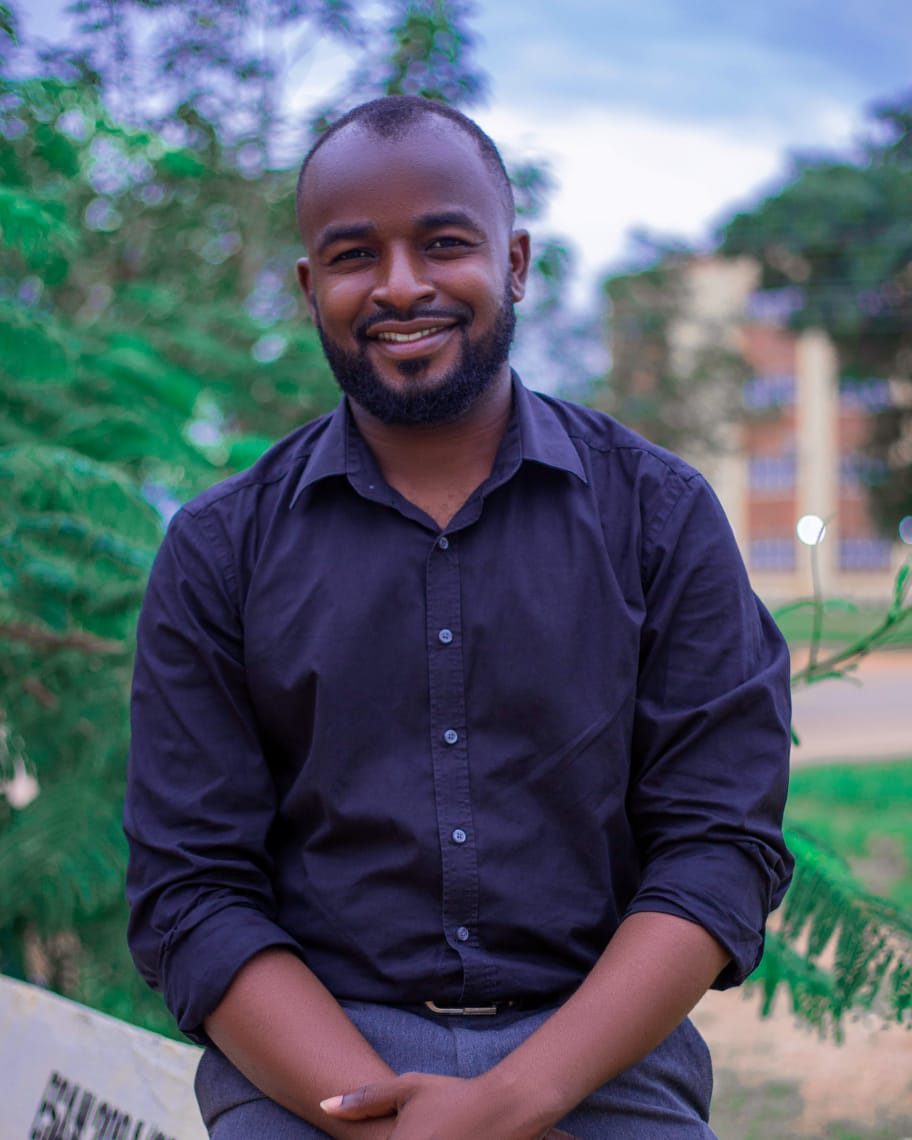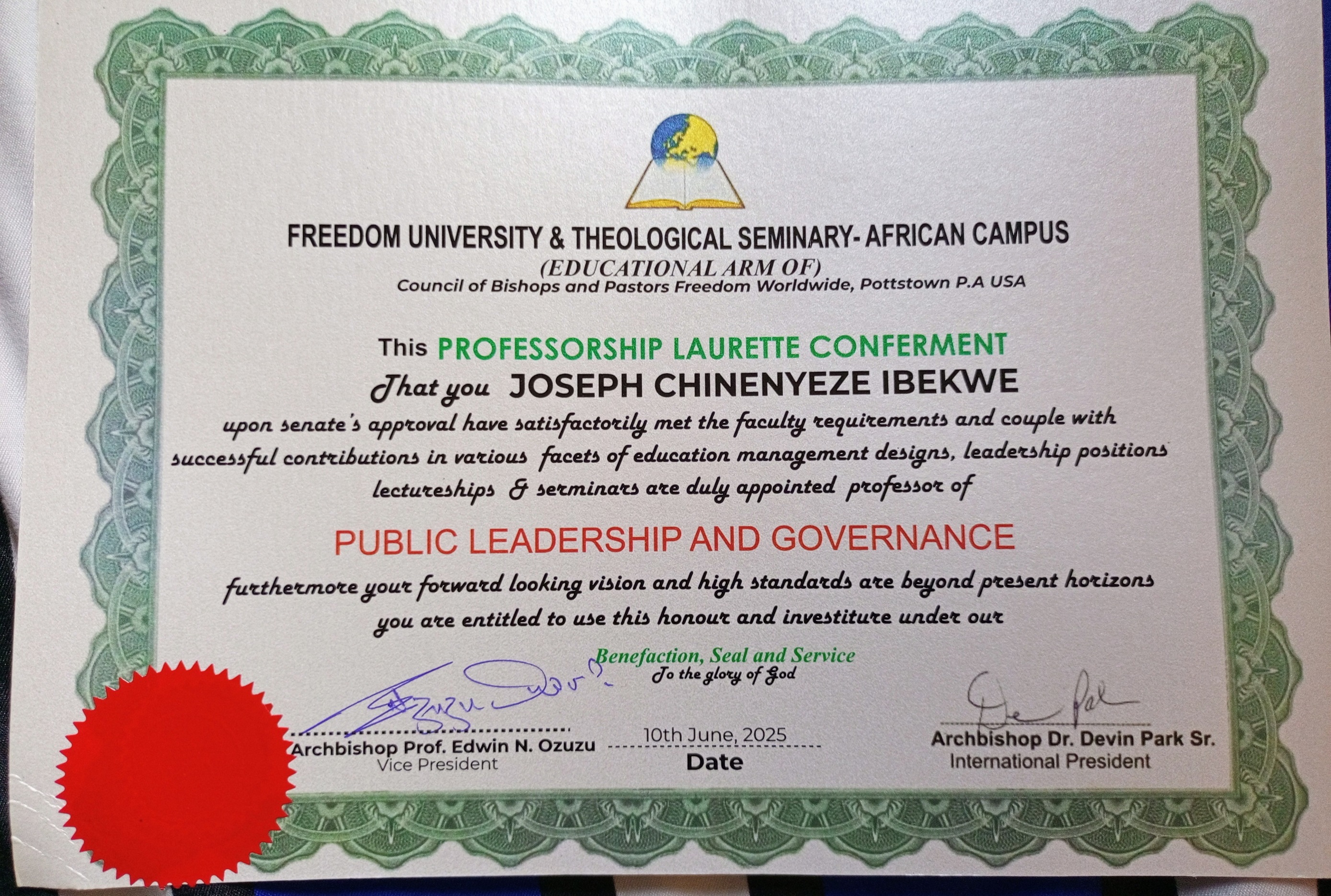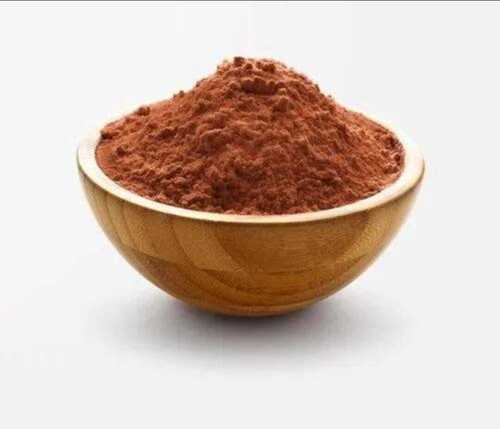Choosing Between Two Invaders: The Bitter Truth Nigerians Must Face

Choosing Between Two Invaders: The Bitter Truth Nigerians Must Face
By ChukwuEmekalum Nwosuh
Many Nigerians are alarmed by Donald Trump’s decision to list Nigeria as a Country of Particular Concern (CPC), especially after he vowed to come “guns blazing” in a “swift and ferocious” assault to end the slaughter of Christians in the North and Middle Belt. The mere thought of a U.S. invasion has triggered panic and outrage in certain quarters.
Critics waste no time citing past U.S. interventions—Iraq, Libya, Syria, Sudan—countries shattered and left in ruins. They warn that beyond breaching our sovereignty, Trump’s plan is a covert strategy to seize Nigeria’s resources, particularly oil.
These fears are valid. America acts only in America’s interests—history proves this. Yes, some Americans genuinely care about human suffering, but the U.S. government does not. Its foreign policies, much like Europe’s, have inflicted untold hardship across the world. So, let’s be honest: Trump—like those before him—may be hiding America’s self-interest behind the façade of “saving Christians.” If that is true, Nigerians—including Christians who are the primary victims of Fulani-led genocide—have every right to be cautious.
But while we debate a hypothetical U.S. invasion, we seem to forget one fact: Nigeria has already been invaded—and conquered—in slow motion. For more than a decade, foreign Fulani terrorists have carved out territories within Nigeria, overpowered local communities, imposed their own rule, collected taxes, and plundered our resources. In places like Zamfara, gold and other minerals are being looted daily under the nose of the Nigerian state.
Worse still, this invasion is spreading. They have overrun much of the North, ravaged the Middle Belt, and are now pushing towards the South-West through Kwara State. And they will not stop until they achieve their long-declared goal: dip the Qur’an into the Atlantic Ocean—symbolizing total conquest.
If you think this is alarmist, ask yourself: why have the previous and present administrations—both led by Muslim presidents —refused to confront these terrorists decisively? Former security officials have openly alleged that key sponsors of these terrorists sit in government. Even Nasir El-Rufai admitted that foreign fighters were imported before the 2015 elections. Once in power, it appears the ruling elite realized these killers could serve another purpose: ethno-religious domination. And so, the government looked away while lives were destroyed.
Any conversation about a potential U.S. invasion must therefore be weighed against the ongoing Fulani invasion happening with government complicity. A U.S. intervention, as risky as it is, might be the only force capable of halting this march of terror. That is precisely why Sheikh Gumi and others like him are shouting. They fear Trump will destroy their agenda—the same way British colonization stopped the Fulani jihad from swallowing the South in the 1800s. Without the British, the entire South would likely have fallen under Fulani rule.
Now pause and compare the legacy of both invasions. What has Fulani rule produced in the territories it controls? Decades upon decades of poverty, illiteracy, disease, and stagnation. A tiny elite thrives while the masses live in misery.
Now compare that to the South, where British influence was strongest. Despite the pains of colonialism, the difference is undeniable. The regions exposed to Western education and modern governance advanced intellectually, economically, and socially. History is brutally clear: between British rule and Fulani domination, the former produced far better outcomes.
Imagine today’s South-East if the Fulani jihad had succeeded. No Achebe. No Chike Obi. No Emeagwali. Ojukwu might have been an imam. Chimamanda Adichie could have been married off at nine. The bustling entrepreneurial cities of Aba, Nnewi, and Onitsha would not exist—replaced instead by crowds of almajiris begging for survival.
The South-West would not have escaped either. Awolowo would have been a Qur’anic teacher, not a political icon. Soyinka would never have won a Nobel Prize; at best, he would be a Southern version of Sheik Gumi, an Islamic fanatic and patron of terrorists. As for Tinubu—most likely an almajiri on the streets of Iragbiji. Lagos would not be the envy of Africa; it would be another underdeveloped emirate.
This is not anti-Islam. It is a reality check about Fulani political domination. I lived in Kano. I saw it. Anywhere the Fulani dominate politically, underdevelopment follows like a shadow. Nigeria’s stagnation is not accidental—it is the fruit of decades of Fulani political hegemony.
So before rejecting a potential U.S. intervention outright, Nigerians must reflect. History suggests that—painful as foreign intervention is—it has sometimes prevented far worse outcomes. If forced to choose between two invaders, the question becomes unavoidable:
Would you rather have the chance to be educated, empowered, and capable of resisting oppression?
Or would you prefer to live as an illiterate almajiri, begging for scraps in your own land?
Between a U.S. intervention and a Fulani conquest, which future would you choose?








